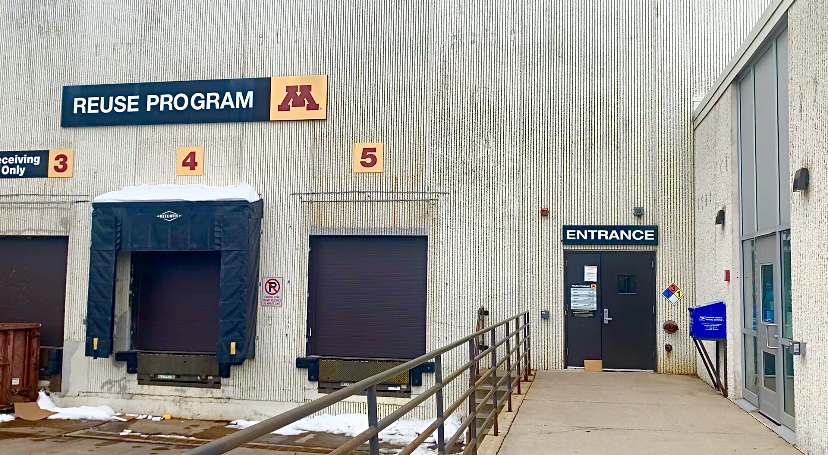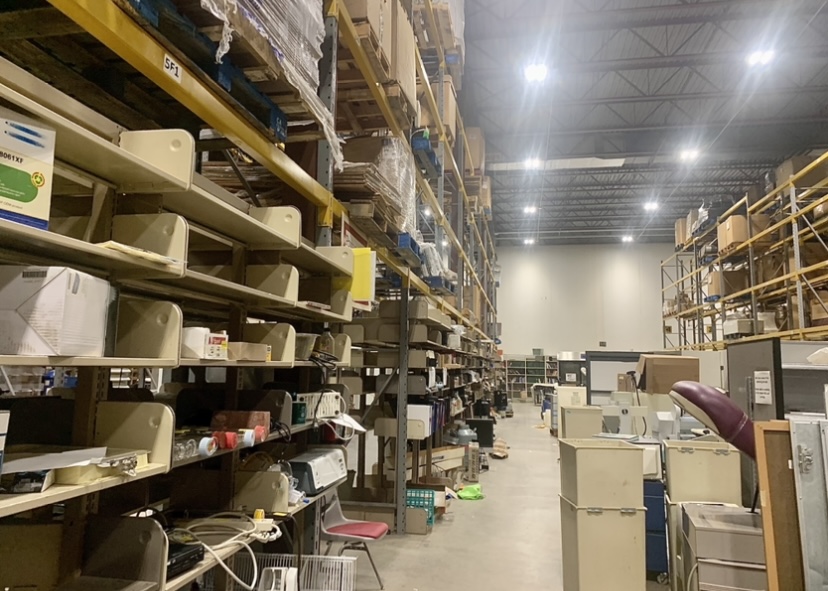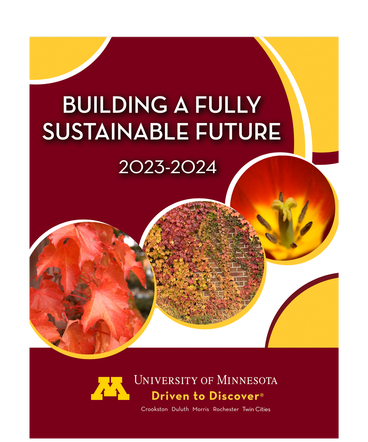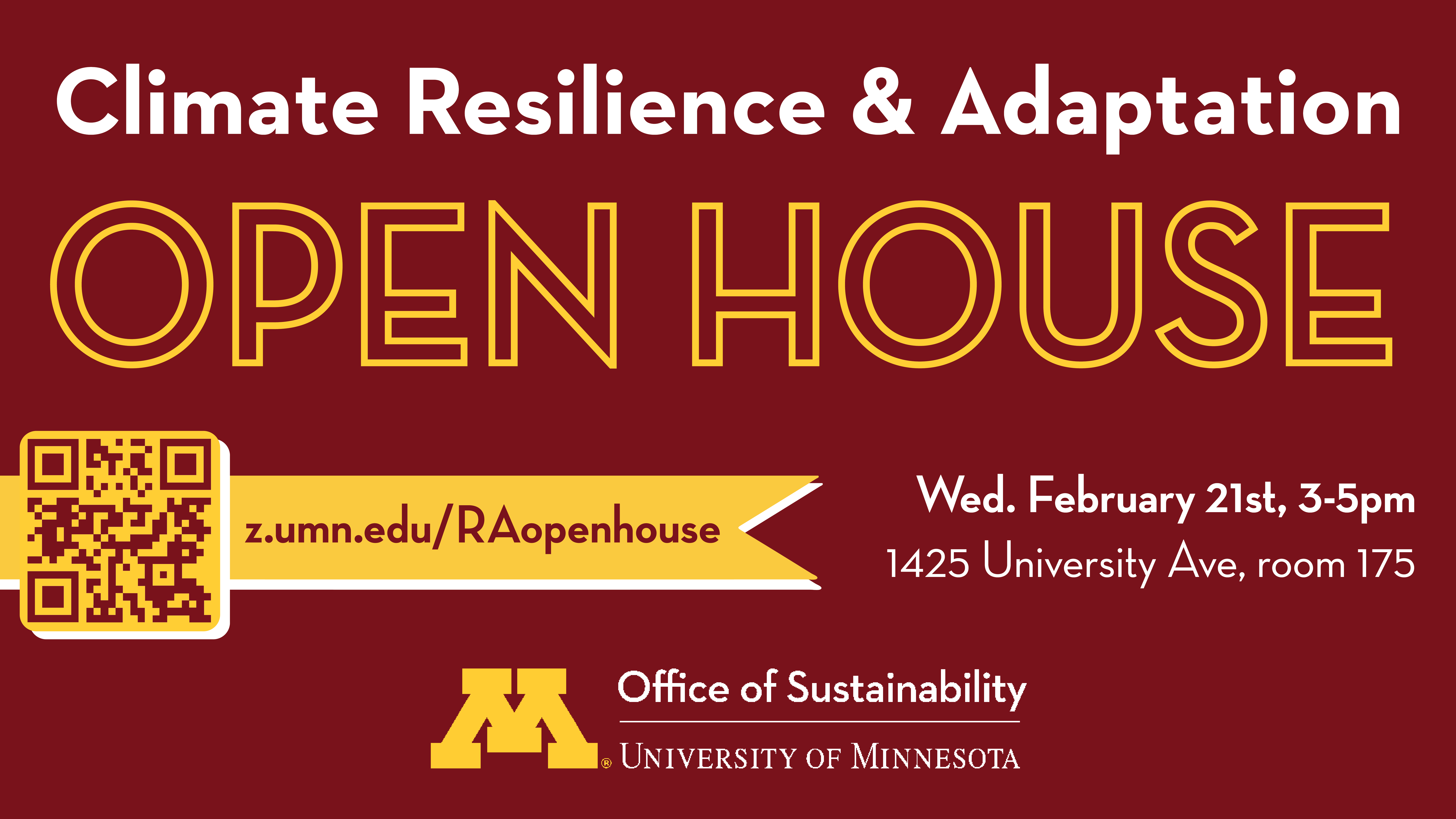
ReUse Program
ReUse Pack and Give Back Program
Moving and need to downsize? Bought or brought items you don't use and take up too much space?
- Get rid of items you don't need with the ReUse, Pack & Give Back Program where students can donate things they no longer need to ReUse! ReUse will sort, sell, or dispose of them.
- Starting December 13th, there will be Pack & Give back drop-off collections in the lobbies of: 17th Avenue Hall, Bailey Hall, Centennial Hall, Comstock Hall, Frontier Hall, Keeler Hall, Middlebrook Hall, Pioneer Hall, Sanford Hall, Territorial Hall, Radius Apartments, Yudof Hall, and Wilkins Hall.
- Donations to Pack and Give Back are open to ALL residents in the Marcy-Holmes, Southeast Como, Prospect Park, and Cedar-Riverside neighborhoods. Students living off campus can bring usable materials and items to the ReUse warehouse during open hours!
- Student hours for drop-off- Monday-Friday: 8:30am-3:30pm and Saturday: 10am-4pm
- Students are encouraged to donate things they no longer use or need.
What is the ReUse Program?
- The University of Minnesota ReUse Program collects surplus office furniture, supplies, equipment and parts from throughout the Twin Cities Campus and makes them available to University departments or individuals for purchase. The ReUse program works to:
- RELIEVE 250 University buildings of unwanted materials, fixtures and supplies.
- REDISTRIBUTE furniture & equipment valued at over $200,000 to U of M departments each year.
- RESELL a never-ending variety of items to the general public each Thursday and Saturday.
- RECYCLE unwanted steel, aluminum, wood, cardboard & paper.
- REDUCE campus construction waste that would otherwise end up at the landfill.
- General public & shopping hours are Thursday: 8:30am-5:00pm & Saturday: 10:00am-4:00pm. It is ILLEGAL to leave items outside of their building outside of open hours.
- The ReUse program normally only collects items owned by the University, but through the Pack and Give Back Program, students can donate items at specific times.
- There may be a small fee of 10 cents per pound for large quantities of materials that are refrigerated. Small quantities of most materials are accepted with no charge.
Shop at the ReUse Program for the holidays!

- Look on their ReUse Facebook Page to see items up for sale. The only way to buy something is to go in person, or over the phone during public hours.
- In the fall, many items from the Pack and Give Back program are available for FREE in the free store. Students should check out the Free Store prior to purchasing new items. This could make perfect affordable gifts for the holiday season.
- When purchasing items, they accept cash, Visa, Mastercard, American Express, and Discover (no checks)
- Check out our TikTok to see some of the many items they have! https://www.tiktok.com/@umnsustainability/video/7179631989786447147?is_from_webapp=1&sender_device=pc&web_id=7168514144829015598
- Great place to get sustainable gifts this holiday season!
ReUse Program | UMN Facilities Management



